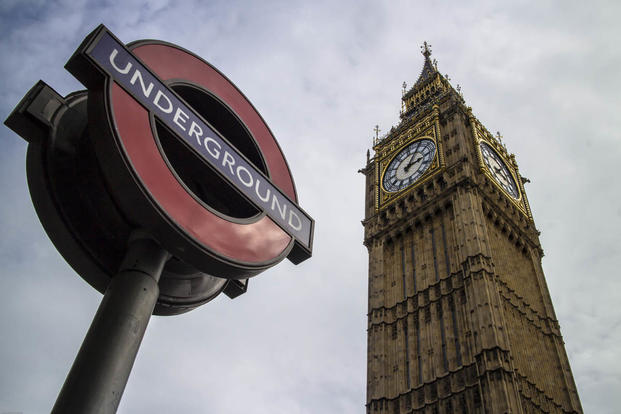Vacation time will soon be upon us. If you are lucky enough to be traveling outside the country you should check out our five most important financial tips for traveling overseas. Many of these tips are common sense things that any traveler can use.
1. Notify your bank and credit card company and upgrade your cards if necessary.
This is the most important thing you should do.
Credit card companies and banks watch for out-of-the-ordinary transactions on your account. If you have always been using your card within 50 miles of your home in Nebraska and all of a sudden there are 10 charges from Japan, Korea, and Singapore, the bank will get suspicious. They will probably lock down your card and not allow any further charges or ATM transactions on it. This is for their protection as well as yours.
There is an easy way to make sure this doesn't happen, visit your bank or credit card company's website where there is usually a way to notify them you are traveling. If you can't find it on the website, call the number on the back of your ATM or credit card. Let them know all the locations you are visiting and how long you plan to stay.
If you don't have a card with a chip on it, try to get one. Most of the world outside our borders uses chip cards, if you don't have a chip on your card, your probably won't be able to use it.
Check to see if your card charges international fees or currency conversion fees. If so try to get one that doesn't. The fees can add up fast - they are usually 1 - 3 percent of whatever you spend or get from an ATM. Why pay it if you don't have to? You can easily find cards that don't charge fees with a quick internet search.
2. Set up all your accounts for use online or on your mobile device.
With online access to your financial accounts you can check to see if there is any fraud or unauthorized charges on your accounts no matter where you are. This is especially important if you are on the road for any amount of time. You don't want to have somebody running around with your credit card number for 10 days while you are trekking in the wilds of Africa and unable to notify your bank.
One thing about using online access - be very careful doing so. I recommend doing as much as possible on your phone and not using public Wi-Fi. Hackers can get your passwords and account information if you use public Wi-Fi, and that is not a good thing!
3. Be aware of the exchange rates.
OK, you don't need to know them exactly, but it is a good thing to have a general idea. For example 1 euro is about $1.15 right now. So if you buy something that costs €50 you will be paying about $57.
I usually try to round up and keep the math simple. So, instead of saying a euro is worth $1.15 I will count it as $1.25 which is easier to convert in a hurry in my head. Using that computation I see something that costs €50 and assume it is about $60. That way I don't get a big surprise in my credit card statement when all is said and done.
Oh, and keep your receipts until you get your credit card statement and verify everything. You don't want bottle of maple syrup you buy in Canada ending up costing you $110 instead of $10.
4. Keep a copy of all your account information in an easy to find place.
I cannot stress this enough. Keep a copy of all your credit card numbers, and bank accounts along with contact phone numbers somewhere safe. You can do this by emailing them to yourself, putting them on google drive, writing them in code and keeping them in a different suitcase, or whatever. (You may also want to keep a photocopy of your passport too).
If you lose your purse or wallet you can quickly contact all the important financial institutions and cancel everything. A lot of credit card companies will even send a new card to your hotel within 24 hours or give you an emergency cash advance.
Another good thing is to keep an emergency ATM/credit card separate from all the other ones, that way you still have access to cash in case your wallet falls out of your pocket while you are dancing on a table in Jamaica.
5. Use the ATM.
While you don't normally want to be running around with a lot of cash, there are times and places where cash is king. Usually the first stop I make after clearing customs in any international airport is the ATM where I try to get a decent supply of the local currency.
Never take dollars overseas and go to a currency exchange place, you will get the worst possible deal. Using your ATM card will almost always give you the official exchange rate.
Also, always try to use an ATM at a bank or big public place, they usually are safer and are far less likely to have skimmers attached to them that can read your information to be used by fraudsters.
Depending on your situation it may be a good thing to take out a lot of cash rather than just a little. There are ATM fees for each transaction, possible conversion fees, and daily limits on how much you can get. Always do your homework to know what is best for you.
Depending on where you are traveling to, you may also be able to pay for services using your phone, this is very safe and convenient, just make sure your phone has a password/fingerprint/face lock for safety.
If you are lucky enough to be able to afford a foreign trip, or if it is something you have saved your life for don't let it become a financial nightmare. By taking a few simple precautions you can have a great vacation that gives you fond memories for life.










